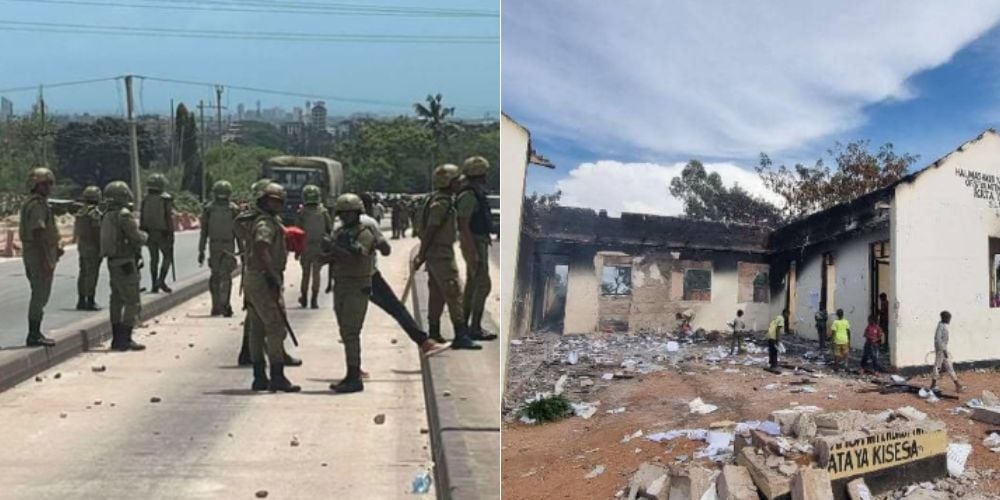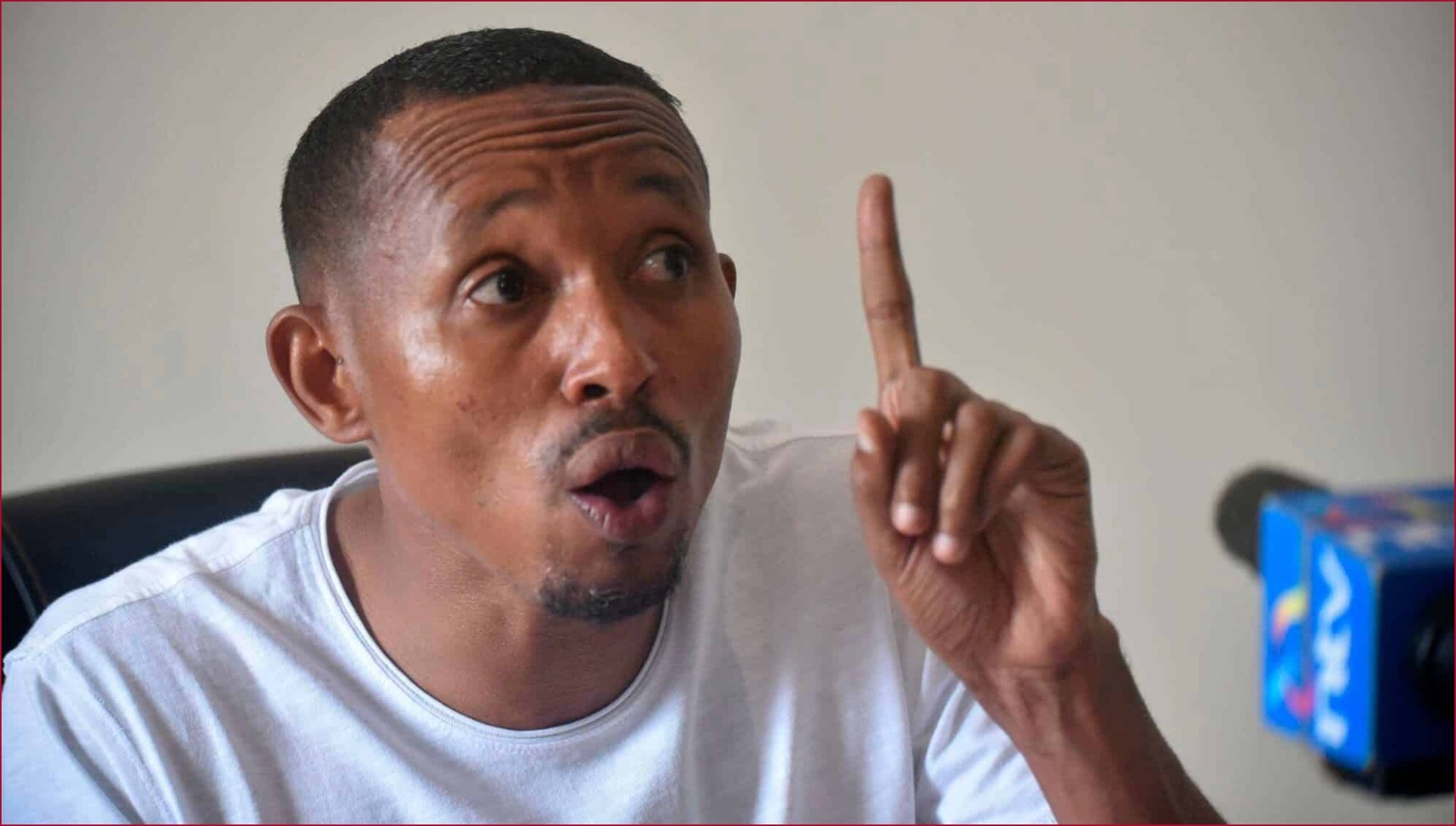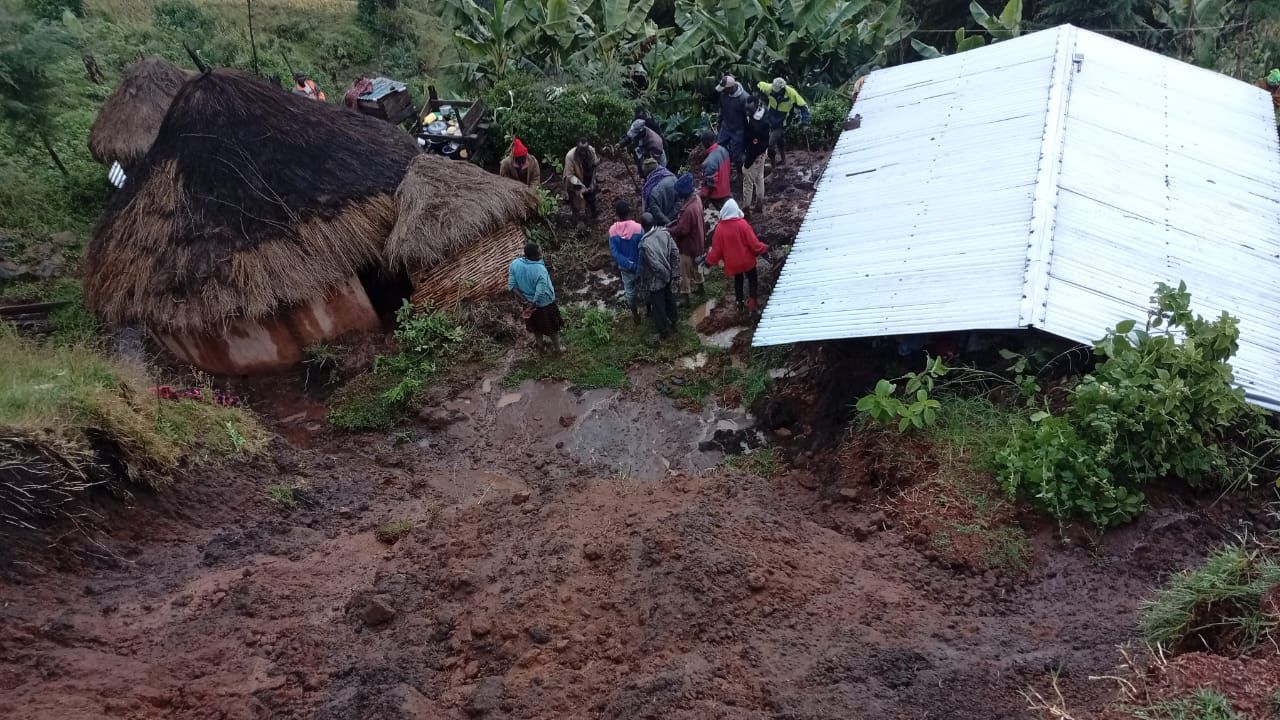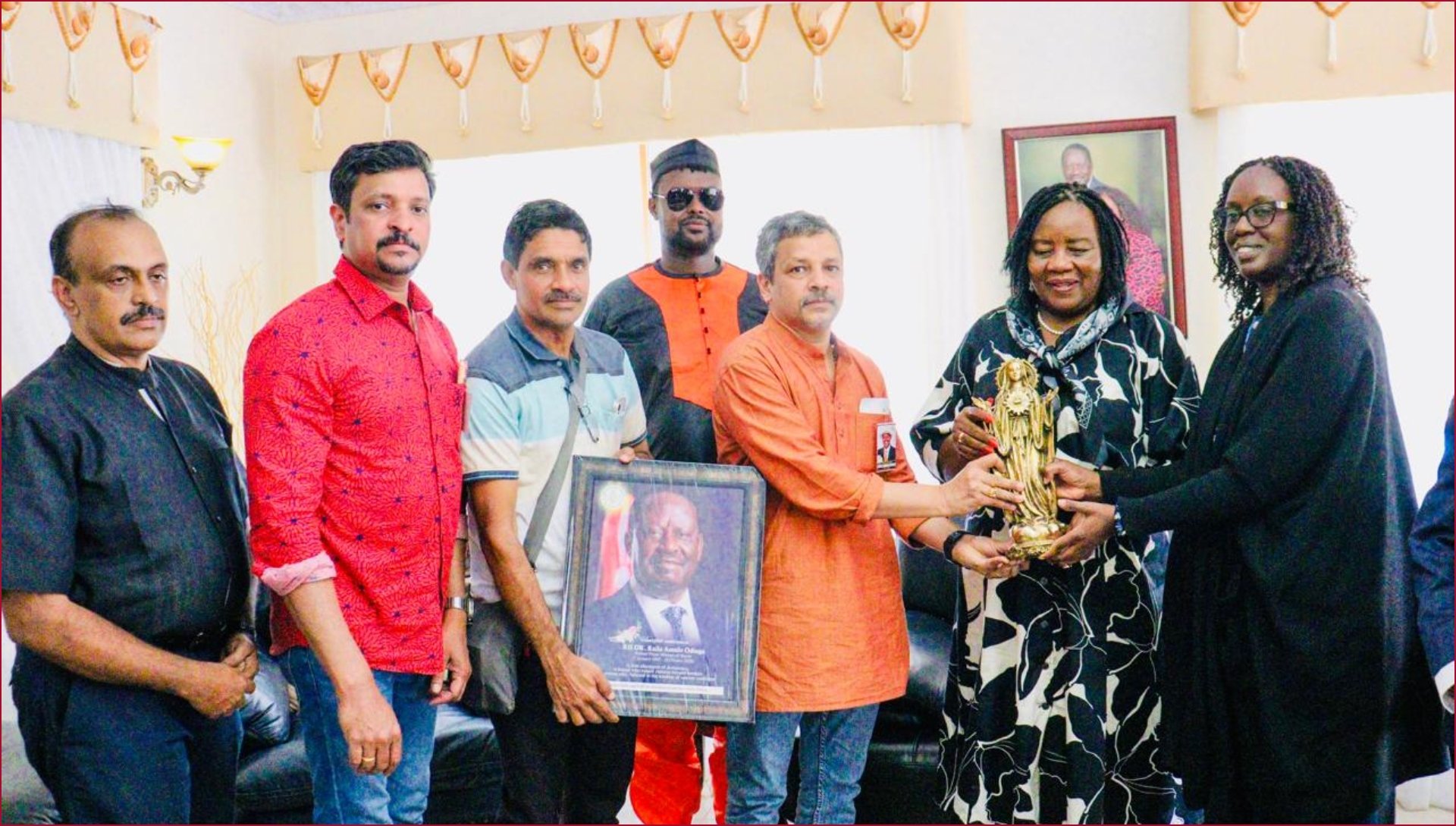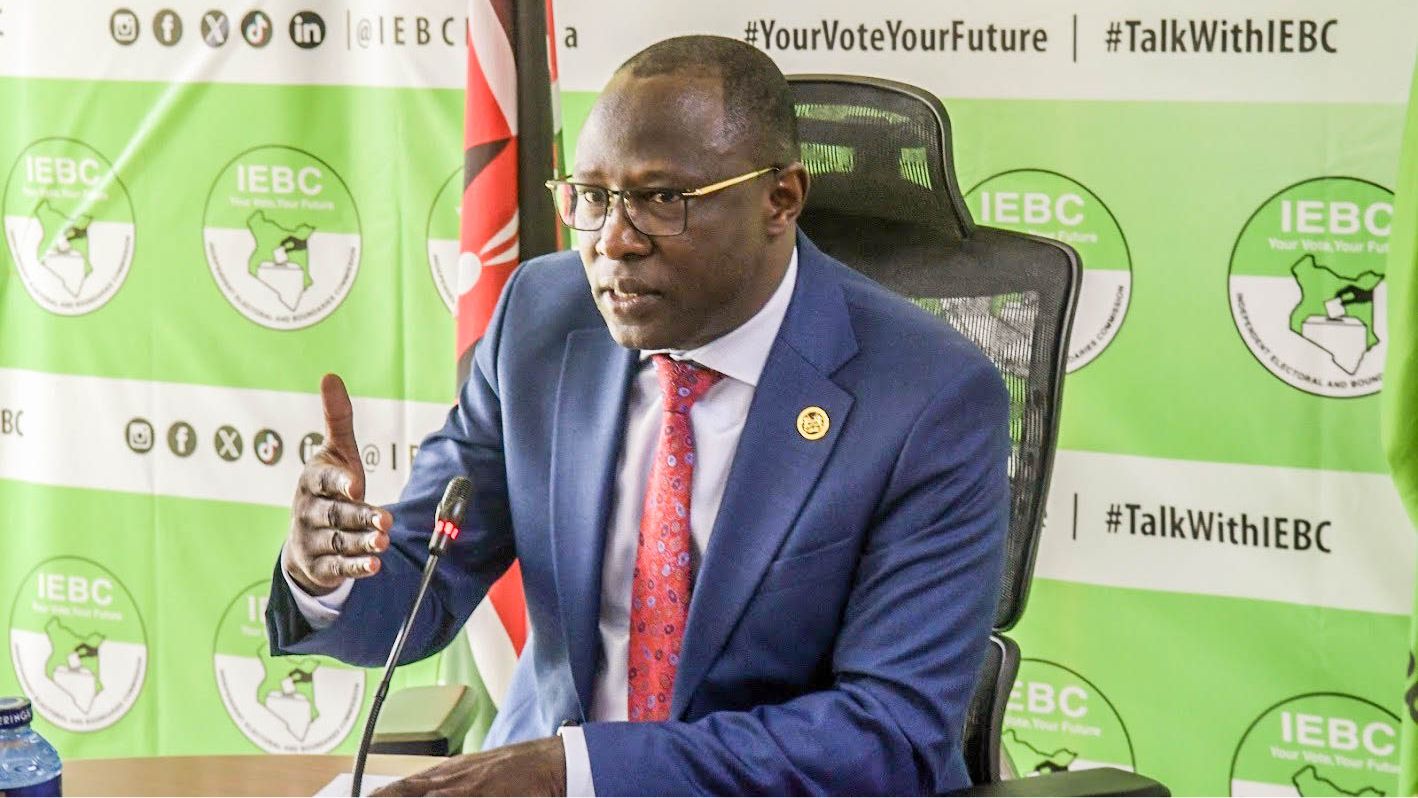The Tanzanian government has broken its silence following widespread reports of mass casualties during election protests.
Foreign Minister Mahmoud Kombo Thabit dismissed claims of hundreds of deaths and defended the security forces' response to the unrest.
Speaking to BBC Focus on Africa, Kombo characterized the violence as merely a few isolated incidents here and there and insisted that security forces acted swiftly and decisively to address the situation.
The minister acknowledged that authorities continue to receive reports of vandalized properties and defended the nationwide internet blackout as a necessary measure to prevent further destruction and save lives.
His comments come as protests continued on Friday, with demonstrators in the port city of Dar es Salaam defying warnings from the army chief to end the unrest.
Read More
The government's response stands in stark contrast to claims made by the main opposition party, Chadema, which has reported that Tanzania is facing its worst political crisis in recent memory.
Opposition spokesman John Kitoka stated that approximately 700 people have been killed in just three days of election-related protests across the country.
Kitoka provided a breakdown suggesting around 350 deaths in Dar es Salaam alone and over 200 in Mwanza.
He cautioned that the actual figure could be substantially higher, noting that fatalities may be occurring during the nighttime curfew imposed by authorities when independent verification is nearly impossible.
The vast discrepancy between the government's characterization of ‘isolated incidents’ and the opposition's claims of mass casualties has raised serious concerns among the international community about the actual scale of the violence and loss of life.

In a rare show of unified concern, the foreign ministers of Canada, Norway, and the United Kingdom issued a joint statement expressing alarm over the situation in Tanzania following the national elections of October 28 and 29.
The three nations noted that there are credible reports of a large number of fatalities and significant injuries resulting from the security response to protests that began on October 29.
The joint statement urged Tanzanian authorities to act with maximum restraint and respect the right of assembly and freedom of expression, as previously discussed with the Ministry of Foreign Affairs.
The foreign ministers expressed concern that the run-up to the elections was marked by harassment, abductions, and intimidation of opposition figures, journalists, and civil society actors. They called on the Tanzanian authorities to uphold their international commitments and ensure that all citizens can participate freely and safely in public life.
United Nations Secretary-General António Guterres has also voiced concern about the deteriorating situation in Tanzania, responding to reports of deaths and injuries during ongoing demonstrations across parts of the country.
In a statement issued on Friday, October 31, Guterres appealed to all parties involved to show restraint, reject violence, and engage in dialogue to prevent further escalation of the crisis.
"I am deeply concerned by the situation in Tanzania, including reports of deaths and injuries during demonstrations. I call on all to exercise restraint, reject violence, and engage in inclusive and constructive dialogue to prevent further escalation," he said.
The current unrest stems from general elections held on October 28 and 29, which have been widely criticized as fundamentally flawed. The main opposition party Chadema boycotted the polls under its 'No Reforms, No Election' campaign, accusing the electoral system of being rigged in favor of the ruling Chama Cha Mapinduzi party.
Chadema leader Tundu Lissu was arrested on treason charges in April 2025 and prevented from participating in the election, while ACT-Wazalendo's presidential candidate Luhaga Mpina was disqualified by electoral authorities, leaving both major opposition parties without representation on the ballot.
President Samia Suluhu Hassan's government has been accused of conducting a campaign of repression to cement her position and silence critics within her party through the virtually uncontested polls.
